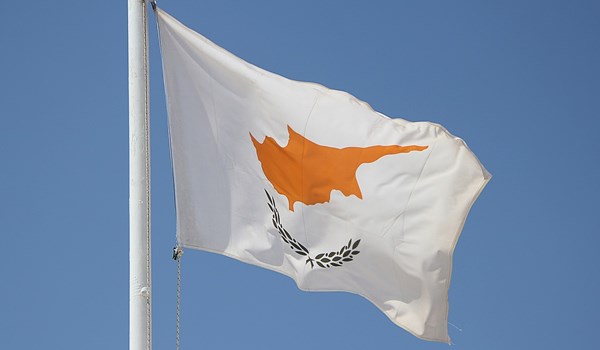Five EU countries criticize BEFIT
Reservations could put proposal at risk
The EU faces a hurdle in passing a plan to establish a new set of common rules for calculating the tax base of large companies and sharing taxation rights among member countries, after national parliaments filed a series of reservations.
Parliaments from five European Union countries criticized the so-called Business in Europe: Framework for Income Taxation (BEFIT) initiative, proposed in September 2023 by the European Commission, as lacking a proper assessment of its impacts and potentially creating more problems than it solves in terms of compliance complexity.
The criticism is significant because the BEFIT plan can’t go ahead unless it is agreed upon unanimously by the governments of the EU’s 27 nations.
The Czech Senate, for example, said BEFIT would be burdensome for companies and tax authorities, and the country’s government shouldn’t support it as proposed. The Irish, Maltese, Polish and Swedish parliaments also filed opinions or statements on the BEFIT proposal.
Under the plan, companies with revenues in excess of 750 million euros ($808 million) would calculate their taxes using a common EU methodology, before pooling the results at the EU level and sharing out to EU countries the profits for the purposes of taxation on the basis of the level of business activity in each country. Shares of profits would be taxed according to each country’s national rules.
More Complexity
Sweden’s parliament said that because BEFIT requires two sets of calculations—to establish an aggregated tax base and then national calculations to determine amounts of tax payable—it was unlikely “to lead to the simplification and reduced administrative burden that the Commission claims.”
The BEFIT proposal “conflicts with the principle of subsidiarity,” the Swedish parliament said. Under the principle, EU initiatives are justified only if they can’t be more effectively pursued at national level.
Ireland’s parliament said BEFIT “would appear to replace a large part of domestic tax laws with an EU corporate tax system over which individual member states would have only very limited control,” and would “likely lead to a considerable redistribution of corporate tax revenues across the EU” in a way that would disadvantage smaller countries, such as Ireland.
Poland’s senate and Malta’s House of Representatives said the Commission had not assessed the impacts of the BEFIT plan sufficiently. Malta said it had instead provided statements on the benefits of BEFIT that were “rather declarative in nature and are hardly substantiated to the required set standard.”
BEFIT has also proved unpopular so far with businesses, that said in response to a public consultation that ended Jan. 24 that the plan was, among other things, likely to add complexity to tax compliance, and wouldn’t deliver promised cost savings.



